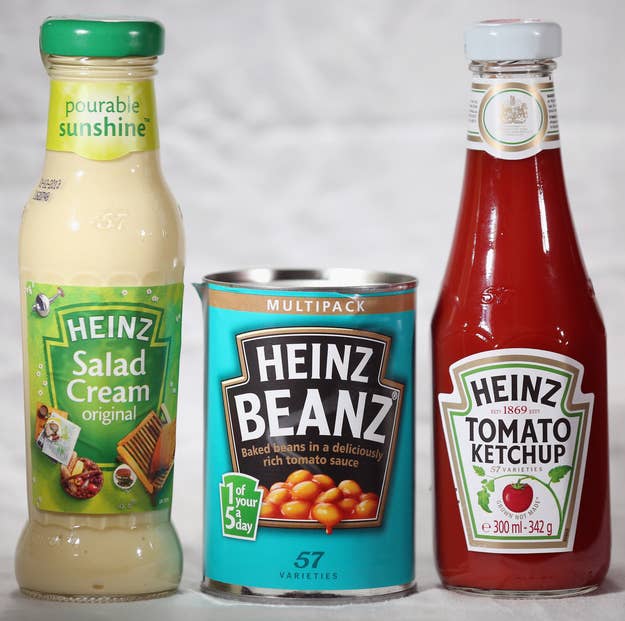
Buy ketchup, not bonds seems to be the new mantra on Wall Street.
Hedge funds and other large money managers are fleeing the bond market for the more appetizing food sector, where the money is pouring into companies like Kellogg's, Heinz and General Mills faster than it takes to shake ketchup out of the bottle.
With U.S. Treasury yields hovering around historic lows — currently about 2% for a 10-year bond — food sector stocks offer investors a similarly low-risk avenue for their cash, and better yields from the dividends they are paying out right now.
"The food sector offers everything that a big money manager needs," said one hedge fund industry observer. "There are dividends, liquidity, upside possibility and downside protection. These managers are using it almost as a proxy for convertible bonds."
Investors see tremendous growth potential in stocks like Kellogg's and Heinz, especially in a market driven by defensive stock picking (i.e. buying shares of companies in less volatile, relatively safe sectors where the risk of losing value is low). Think of it this way: even in a depressed economic environment, people are still going to buy products like ketchup, cereal, salad dressing, and baked beans, for example.
"The long-short equity manager has acres of [cash], so it is seeking safe-ish names to fall back on for if and when the market drops," the source said. "Kellogg's has just been a monster because when the market rally ends, it will at least hold some value. People have to eat."
Indeed, Kellogg Company stock has gained nearly 50% over the last year to $64 per share. Citi analyst Dave Driscoll in an analyst note earlier this month named Kellogg its favorite large-cap packaged food stock in part because of a projected decline in grain prices in 2014.
Heinz is a similar story. Even Warren Buffett is buying into the company's attractive cash generating qualities —quite literally. The billionaire investor's Berkshire Hathaway and private equity firm 3G Capital are about to close on a $23 billion deal to buy the ketchup company.
Heinz's stock slowly rose throughout 2012 and the early part of this year. In February, when the Berkshire deal was announced, the stock rocketed up nearly 20% in a single day. It still remains near its February peak price of about $72.50, and was ranked as the fourth hottest stock for hedge funds on Whale Wisdom's most recent Heat Map in the first quarter. Sources say that, like Kellogg's, Heinz's products are must-have items for people of all classes, and it is partly responsible for driving the overall market growth seen in recent months.
"There's a pent-up demand," the source said. "Pretty much everybody will buy a bottle of ketchup this year."
Another source, an ex-hedge fund manager turned private investor echoes this sentiment, adding that a company like Heinz has little competition and can thus increase prices if necessary.
"Prices of ketchup are inelastic, in that people will still buy a $4 bottle," said the former hedge fund manager. "I don't think anyone is going to put mashed up tomatoes on their burgers if the price goes up, unless they're some artisanal DIY ketchup maker in Williamsburg, or something."
But, this source added that the causes underlying the run on these stocks, as with every market trend, are a bit more multifaceted. Some large investors are focusing less on using the food sector as a potential proxy for bonds and more on buying into it for defensive posturing.
Still, with similar dividend yields to Treasury bonds, less risk, and greater profit potential, hedge funds are finding a strong appetite for food sector stocks, and driving the market to new highs in the process.
Correction: A previous version of this story misstated a comment from the former hedge fund manager. The prices of ketchup are inelastic. (5/23/13)
